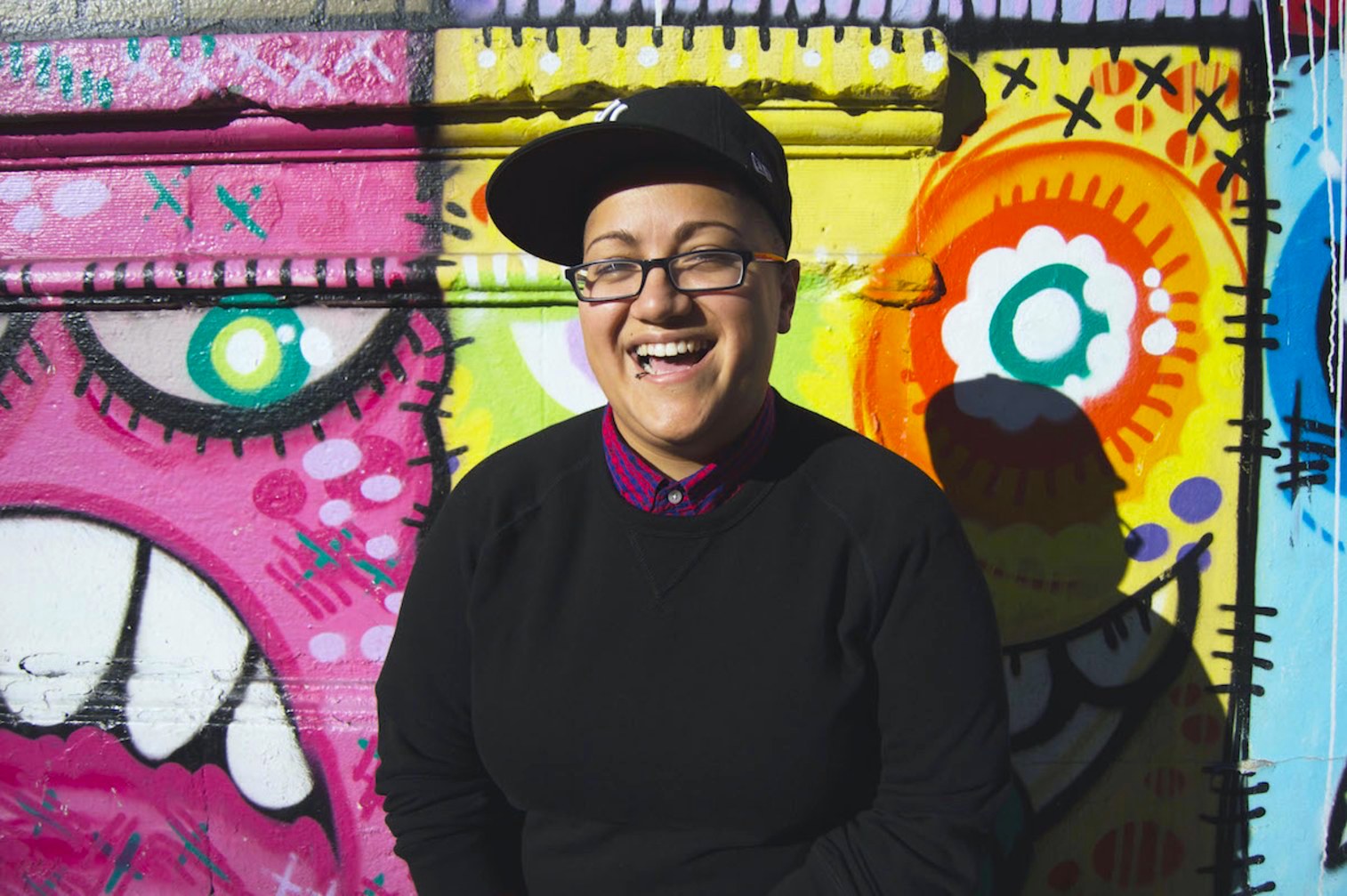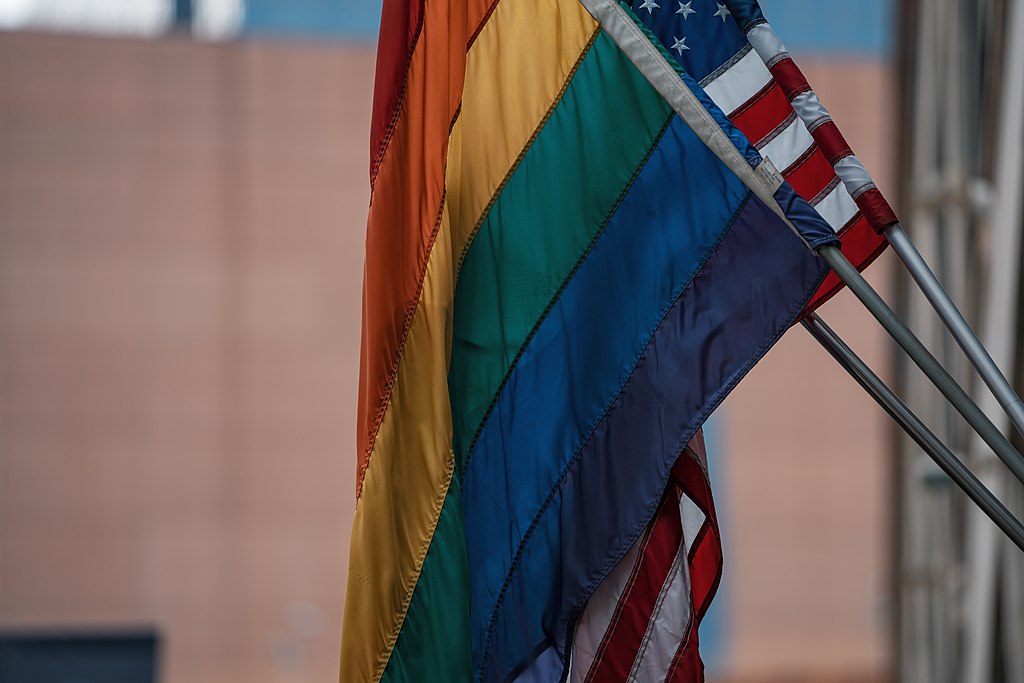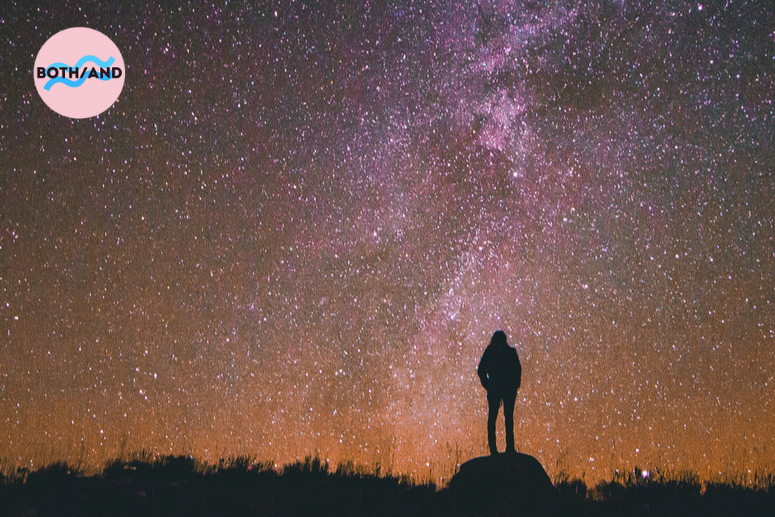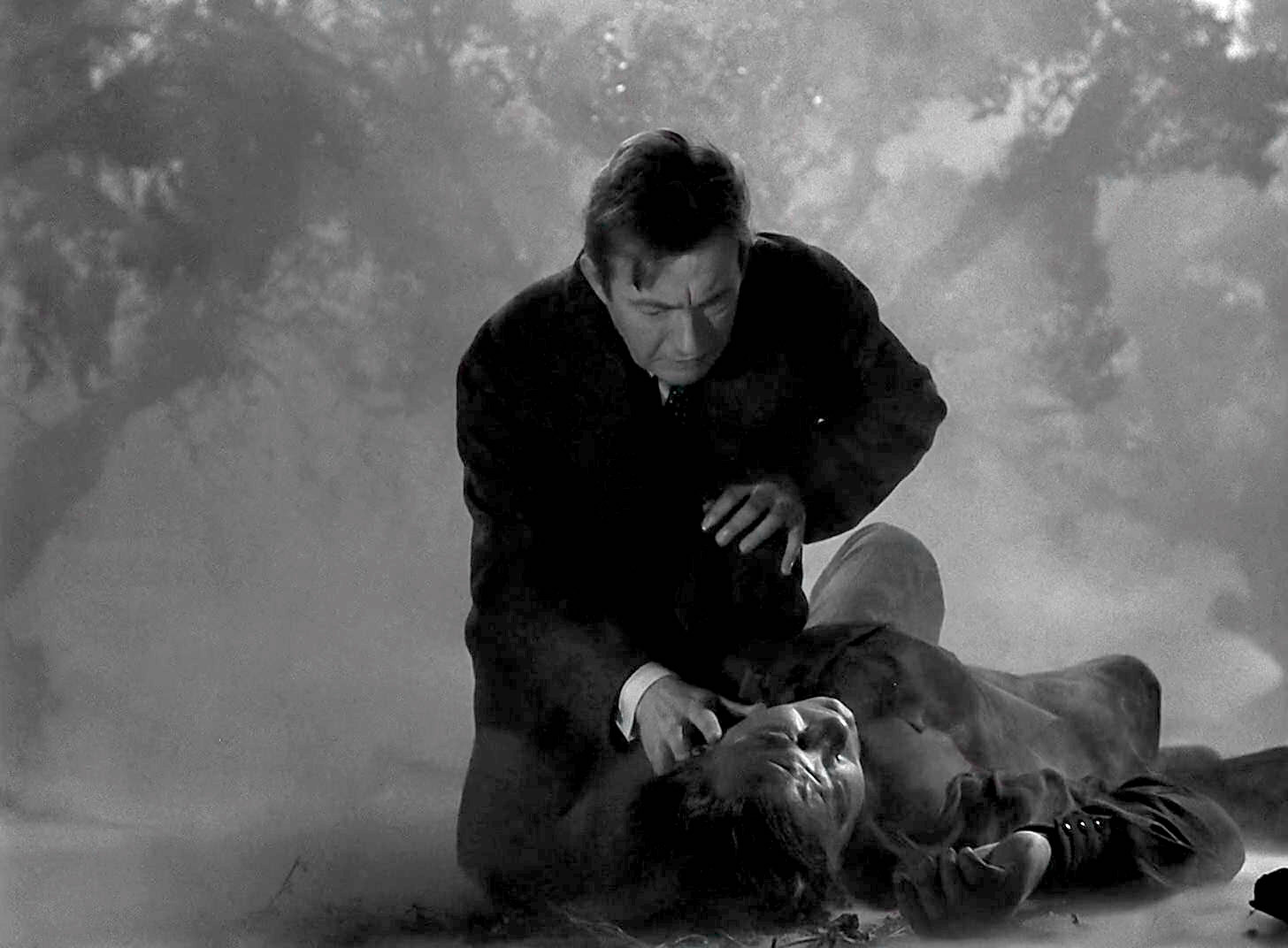interviews
Gabby Rivera Wants Queer Brown Girls to Feel Seen
The author of "Juliet Takes a Breath" on rejecting white feminism and uplifting the LGBTQ community

Gabby Rivera’s YA novel follows Juliet Palante, a Puerto Rican teen from the Bronx, who is reckoning with her feminism and queerness. After coming out to her family, she goes to Portland to be a summer intern for her favorite feminist author, Harlowe Brisbane. Juliet believes this will be the summer that answers all of her questions and teaches her how to navigate life.
Juliet Takes a Breath allows Juliet to learn, be free, and resist all at the same time. Once I read Juliet’s letter to Harlowe, full of curse words and jokes and the word pussy, I knew I’d have a great time figuring out who Juliet is, and who she’d become.
Gabby Rivera is a queer, Puerto Rican writer from the Bronx. She wrote the solo series AMERICA about the adventures of America Chavez, Marvel’s first queer Latina superhero. Rivera has also been named a top comic creator by SyFy Network, and one of NBC’s #Pride30 Innovators.
I talked to Gabby Rivera about how white feminism won’t save brown people, reckoning with Evangelical Christianity, and thriving as a loved, supported queer adult.
Arriel Vinson: How did the idea for Juliet Takes a Breath come about, and how did it change in the reprinting of the novel?
Gabby Rivera: In Juliet Takes a Breath, Juliet is mesmerized by the [fictional] book, Raging Flower: Empowering Your Pussy by Empowering Your Mind. So much so that she snags an internship with the author, Harlowe Brisbane, and takes her newly out, round brown Puerto Rican self from the Bronx to Portland Oregon.
And that’s exactly what I did when I was nineteen. Navigating white hippie lesbian Portland as a Bronx Nuyorican was incredible and so damn ridiculous and funny. But I didn’t think about crafting a story about the experience until Ariel Gore, author of Hexing the Patriarchy, asked me to submit for her 2009 anthology Portland Queer. That anthology has the first iteration of Juliet Takes a Breath and it’s super autobiographical. Juliet’s family, her Bronx neighborhood, her crush on a super sweet and cute librarian, all of that is based off of my life.
AV: The novel begins with Juliet writing a white feminist author, Harlowe Brisbane. This lets readers know that space will either be made for Juliet, or taken for Juliet and girls who look like her. Tell me more about this decision.
There’s this idea that if you’re not from the rich white suburbs, that your neighborhood isn’t good enough so you gotta get out.
GR: There’s this idea that if you’re from the Bronx or any neighborhood that isn’t the rich white suburbs, that your neighborhood isn’t good enough for you to flourish or find yourself in so you gotta get out. I heard that refrain all the damn time in the Bronx. People are either Bronx for life or just itching, waiting, and hoping to get out. It makes sense, it feels like there’s never a moment of quiet. The Bronx is jam-packed with people, city buses, sirens, beauty salons, Pentecostal churches, beef patties, graffiti, and baby strollers. Feels like there’s never a moment to honor the brave chubby round girls of color that are trying to navigate the world around them while catching the train to school and helping their baby siblings with their homework.
Juliet writes the letter to Harlowe cuz she’s steeped in the myth that she’s gotta get out of the Bronx to be somebody, to figure out queerness and feminism.
And yet at the very same time, Juliet Takes a Breath opens with a welcoming to all round brown girls encouraging them to take up all the space they need and to love themselves and each other.
AV: When Juliet comes out, her family responds with anger/shock, then love, though resistant. Why did Juliet need those reactions instead of more positive ones?
GR: Hah! Juliet comes out at the dinner table after her Titi Wepa, who’s a cop, tells a story about her chasing down a perp by Yankee Stadium. So like the family’s already hype and laughing and at first they don’t take Juliet seriously at all. So she’s gotta fight for her space and then everything gets quiet.
It’s gotta sink in and again, Juliet’s coming out scene is similar to mine. I came out at the dinner table and was met with the deepest silence I’ve ever felt from my mother in my whole life. Like the wild silence right before a glacier breaks off on its own. My dad was chill, quiet, but still there.
Not everyone in Juliet’s family is resistant. Her grandma offers her big love right away and so does her Titi Wepa. It’s Juliet’s mom that takes her coming out super hard and that felt right to me. Juliet and her mom are also trying to find their way back to each other.
AV: This isn’t only a novel about queerness, but a novel about stepping out of your comfort zone. Juliet grew up Christian with a Latinx family in the Bronx, a stark difference from what she saw in Portland. Why was this important for Juliet, and how does this mirror your life experience, if at all?
All you are to these white folks is some brown other who needs to be saved.
GR: So much of the Evangelical Christianity that I experienced growing up was about making sure women knew their place. Women had to be obedient to their husbands and let them lead the house. You know all that stuff. And of course the real deep homophobia, sex-shaming, and rigid rules about gender presentation. Women wear skirts and men were suits etc. All that stuff that’s designed to keep everyone in place cuz apparently God can’t handle it otherwise.
There’s a lot of guilt and fear that comes with being told that there’s only one acceptable way to be a girl, to be someone worthy of divine love. Lots of Juliet’s anxieties in the novel stem from that upbringing. She feels connected to God and is trying to also work through how being queer and a sin verguenza impacts her relationship with God.
AV: In Juliet Takes a Breath, themes of womanism and white feminism are present. How did this help Juliet understand her queerness and place in the world? Why did Harlowe need to disappoint for Juliet to gain a greater understanding?
GR: Harlowe actually kinda crushes Juliet. Juliet is convinced that this writer, this white lady feminist, that she looks up to actually sees her as a whole person and not just the stereotypes of her identities. And in one fell swoop, Juliet feels what so many people of color feel either in their classrooms, boardrooms, court rooms, that in this moment all you are to these white folks is some brown other who needs to be saved.
That shit is violent and it happens every day, under the radar or right in folks faces and Juliet needs to be able to develop the language to name what that is.
And via Maxine, Zaira, and their womanist circles, Juliet receives that real community love and understanding. Max and Zaire consent to offering Juliet that education and understanding of what it can mean to be a woman of color claiming her queerness and body and boriquaness and self. They urge her to find her own way.
AV: All of the things that make Juliet Juliet, are also things that further marginalize her identity—her queerness, her race, her class, her body size, and so on. What made you create such a complex character?
GR: Um, this is me, I am her. Like, I am a queer Puerto Rican writer from the Bronx. I’m thick bodied, and my gender presentation is butch dyke papi so like hi, the complex character is me. It’s all my friends who embody the limitless possibilities of sexuality and gender every single day. Like we’re real people. And we deserve to see ourselves everywhere.
AV: In an interview with Sarah Enni from First Draft, you said you wanted to be a responsible community member for the LGBTQ community. What does that look like for you, both in the novel and outside of it?
There’s a lot of guilt and fear that comes with being told that there’s only one acceptable way to be a girl.
GR: I am alive. I’m a thriving, loved, supported queer adult. I’m a fucking miracle. So many of us in LGBTQ communities don’t make it to see 30 or even 13. I’ve lost loved ones, kids in LGBTQ youth groups, all cuz the pain and rejection folks feel specifically for being LGBTQ is so damn horrific sometimes. And so my job is to offer all the love and care I can at all times to all the queer kids of color.
I gotta keep telling stories that uplift and offer as much truth and gentleness as I possibly can. I gotta listen to and offer access, resources, money, time, energy, hugs, to all the queer kids out in the world trying to live and live good.
In the novel, that’s Juliet getting loved on by her cousin Ava, her Titi Penny, Maxine, Zaira, and finally writing a love letter to herself. In real life, it’s me going to schools and talking to young people about how loved they are and how important their stories are.
AV: What are you working on now?
GR: I’ve got a new original series coming out with BOOM! Studios in December titled b.b. free. b.b.’s fifteen, ready to take on the world, and secretly manifesting cosmic powers that turn a road trip with her best friend into an epic eco-divine adventure! b.b. and Chulita take on the Fractured States of America, healing polluted earth and ocean while still just trying to figure out what it means to be fifteen.
Also, I have a podcast coming soon called Gabby Rivera’s Joy Revolution. So get ready to listen to me talk to my favorite revolutionary QTPOC humans and allies about how we maintain joy in a chaotic ass world.









